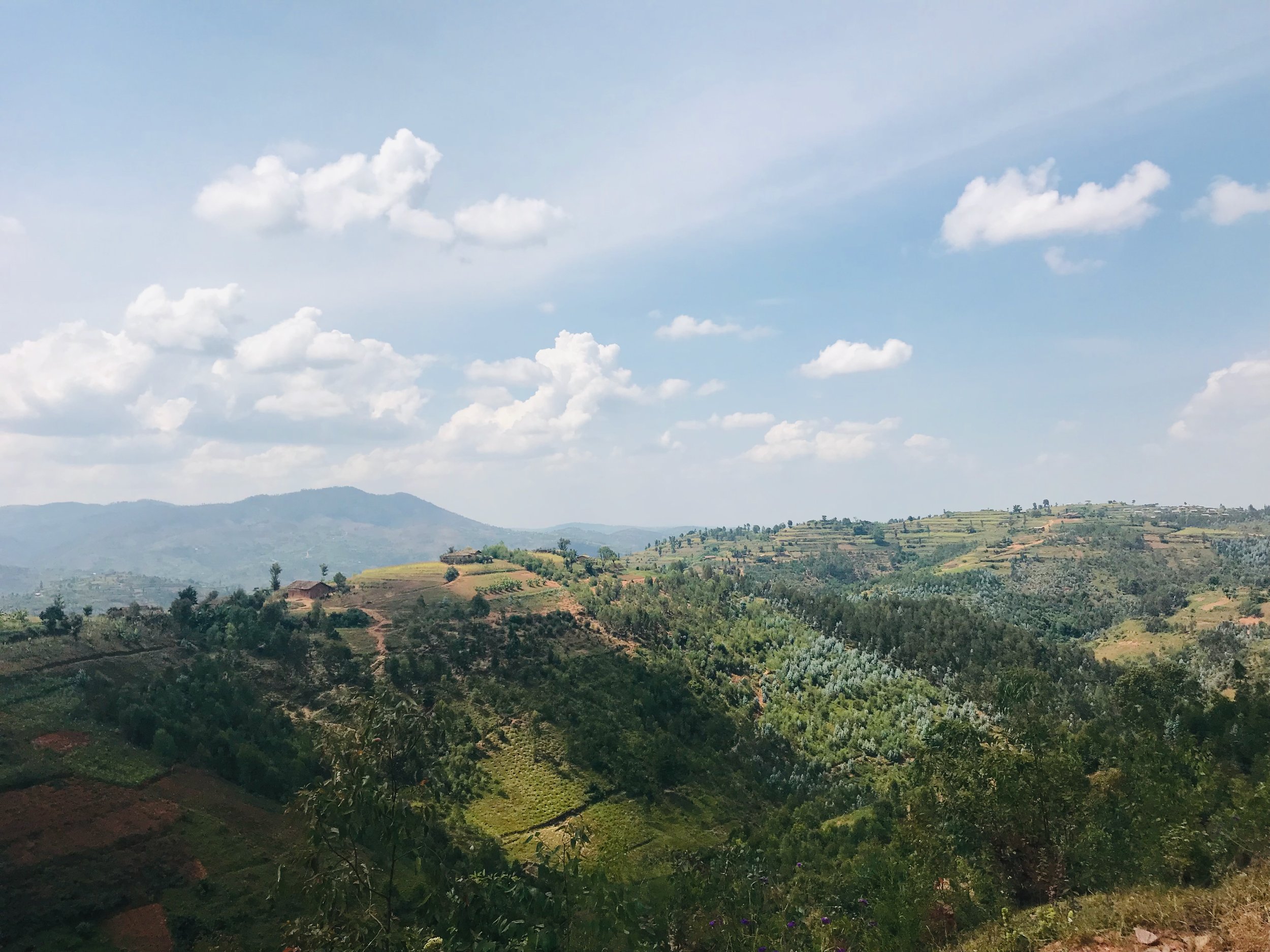
Research on Transitional Justice and the Aftermath of Atrocities
Prior atrocity is one of the strongest risk factors of future atrocity. I believe that this means it is equally vital to study how a country comes to terms with its violent past. Funded by the U.S. National Science Foundation, I have spent numerous years examining Rwanda’s post-genocide gacaca courts. This has involved creating databases of the 1.96 million trials as well as interviewing over 160 judges, witnesses, and defendants. I have also studied transitional justice in other contexts. My related work pays particular attention to the narratives that people tell and retell about violence, as well as to how these narratives shape collective memories of what transpired.
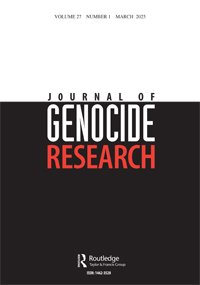
Nobles, Alison, Nicole Fox, Hollie Nyseth Nzitatira, and Christopher Uggen. 2025. “The Third Shift: The Highs and Lows for Women Gacaca Court Judges in Rwanda.” Journal of Genocide Research.
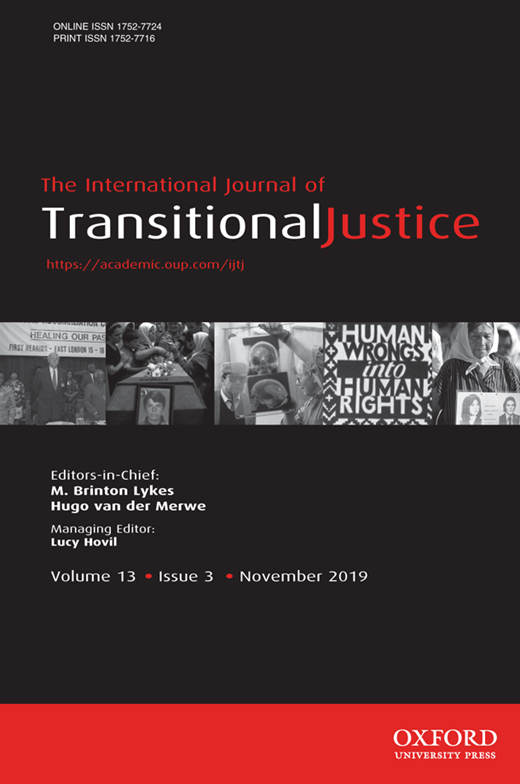
Whigham, Kerry, Trey Billing, and Hollie Nyseth Nzitatira. 2024. “Truth Commissions and the Prevention of Targeted Mass Killings.” International Journal of Transitional Justice 18(2):299-315.
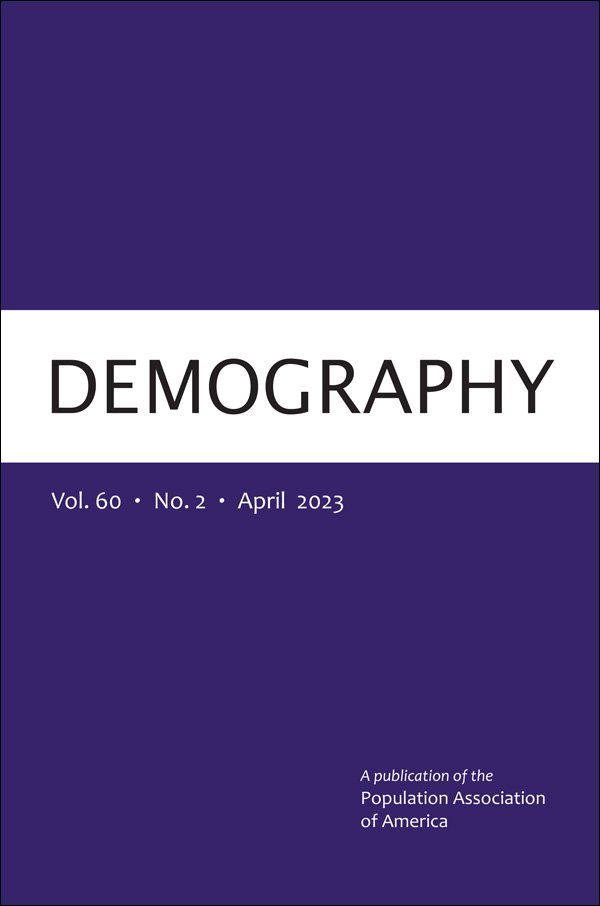
Schmeer, Kammi K., Paola Andrea Echave, and Hollie Nyseth Nzitatira. 2023. “Exposure to Armed Conflict and HIV Risk Among Rwandan Women.” Demography 60(4):1181-1205.
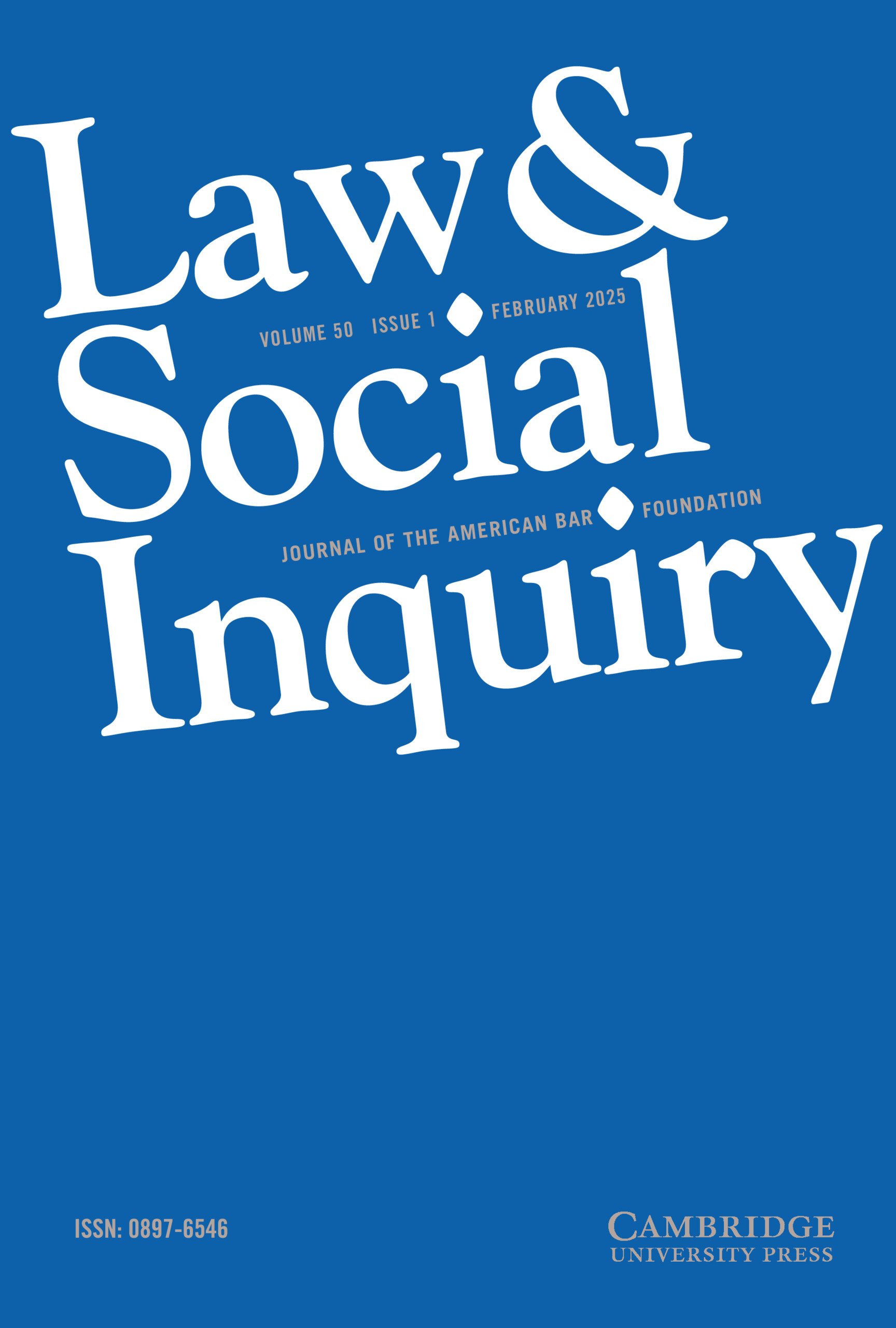
Nyseth Nzitatira, Hollie, Evelyn Gertz, and Christopher Uggen. 2023. “Judging Genocide: Emotional Labor During Transitional Justice.” Law & Social Inquiry 48(4):1210-1231.

Nyseth Brehm, Hollie, Laura C. Frizzell, Christopher Uggen, and Evelyn Gertz. 2021. “Consequences of Judging in Transitional Justice Courts.” British Journal of Criminology 61(5):1165-1186.

Nyseth Brehm, Hollie, Louisa Roberts, Christopher Uggen, and Jean-Damascéne Gasanabo. 2020. “‘We Came to Realize We Are Judges’: The Moral Careers of Elected Lay Jurists in Rwanda’s Gacaca Courts.” International Journal of Transitional Justice 14(3): 444-463.
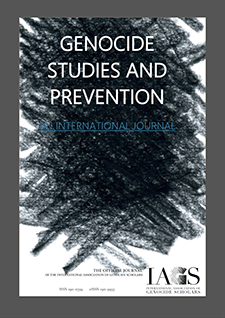
Gasanabo, Jean-Damascéne, Donatien Nikuze, Hollie Nyseth Brehm, and Hannah Parks. 2020. “Rwanda’s Inyangamugayo: Perspectives from Practitioners in the Gacaca Transitional Justice Mechanism.” Genocide Studies and Prevention: An International Journal 14(2):153-172.

Nyseth Brehm, Hollie, Christi Smith, and Evelyn Gertz. 2019. “Producing Expertise in a Transitional Justice Setting: Judges at Rwanda’s Gacaca Courts.” Law & Social Inquiry 44(1):78-101.

Nyseth Brehm, Hollie and Shannon Golden. 2017. “Centering Survivors in Local Transitional Justice.” Annual Review of Law and Social Science 13:102-121.
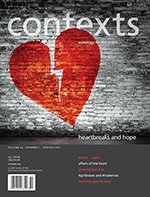
Nyseth Brehm, Hollie. 2017. “Accountability After Genocide.” Contexts 16(4):38-45.

Nyseth Brehm, Hollie and Nicole Fox. 2017. “Narrating Genocide: Time, Memory, and Blame.” Sociological Forum 32(1):116-137.

Hola, Barbora and Hollie Nyseth Brehm. 2016. “Punishing Genocide: A Comparative Empirical Analysis of Sentencing Laws and Practices at the International Criminal Tribunal for Rwanda (ICTR), Rwandan Domestic Courts, and Gacaca Courts.” Genocide Studies and Prevention: An International Journal 10(3):59-80.
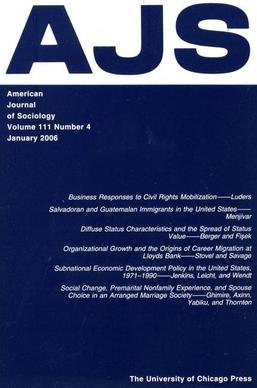
Savelsberg, Joachim J. and Hollie Nyseth Brehm. 2015. “Representing Human Rights Violations in Darfur: Global Justice, National Distinctions.” American Journal of Sociology 121(2):564-603.
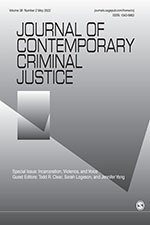
Nyseth Brehm, Hollie, Christopher Uggen, and Jean-Damascéne Gasanabo. 2014. “Genocide, Justice, and Rwanda’s Gacaca Courts.” Journal of Contemporary Criminal Justice 30(3): 333-352.

Zacher, Meghan, Hollie Nyseth Brehm, and Joachim J. Savelsberg. 2014. “NGOs, IOs, and the ICC: Diagnosing and Framing Darfur.” Sociological Forum 29(1):29-51.
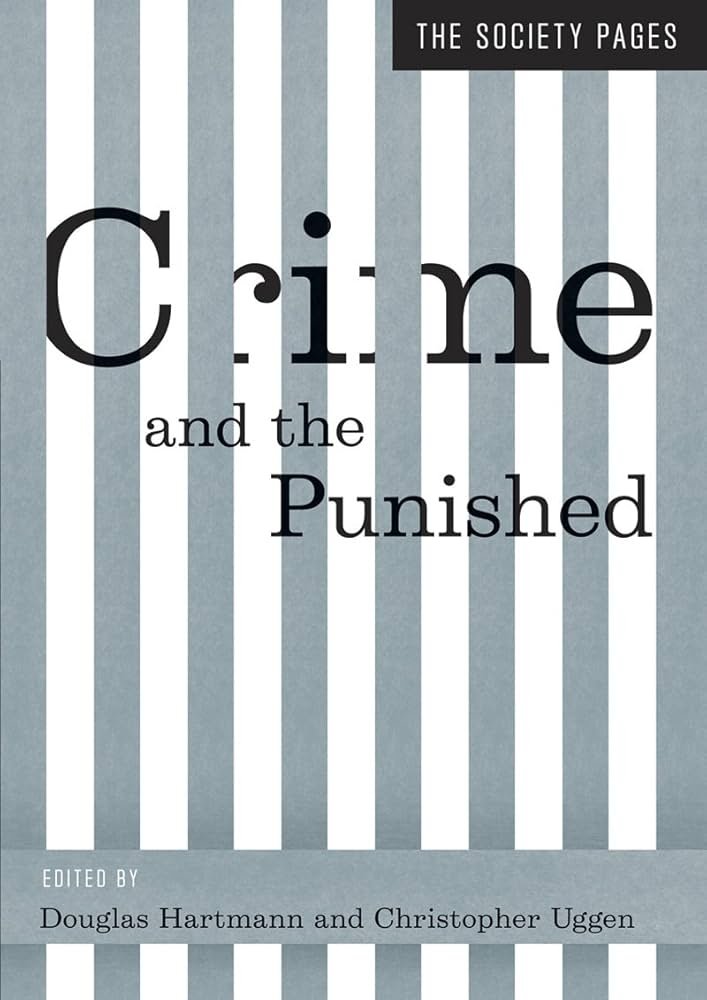
Golden, Shannon and Hollie Nyseth Brehm. 2013. “International Criminal Justice.” Pages 104-123 in Crime and the Punished. Edited by Douglas Hartmann and Christopher Uggen. W.W. Norton & Company.

Savelsberg, Joachim J. and Hollie Nyseth. 2012. “Collective Representations of Atrocities and National Identity: The Case of Darfur.” Pages 149-176 in Crossing Borders, Shifting Boundaries: National and Transnational Identities in Europe and Beyond. Edited by Markus Hadler and Franz Hoellinger. University of Chicago Press.